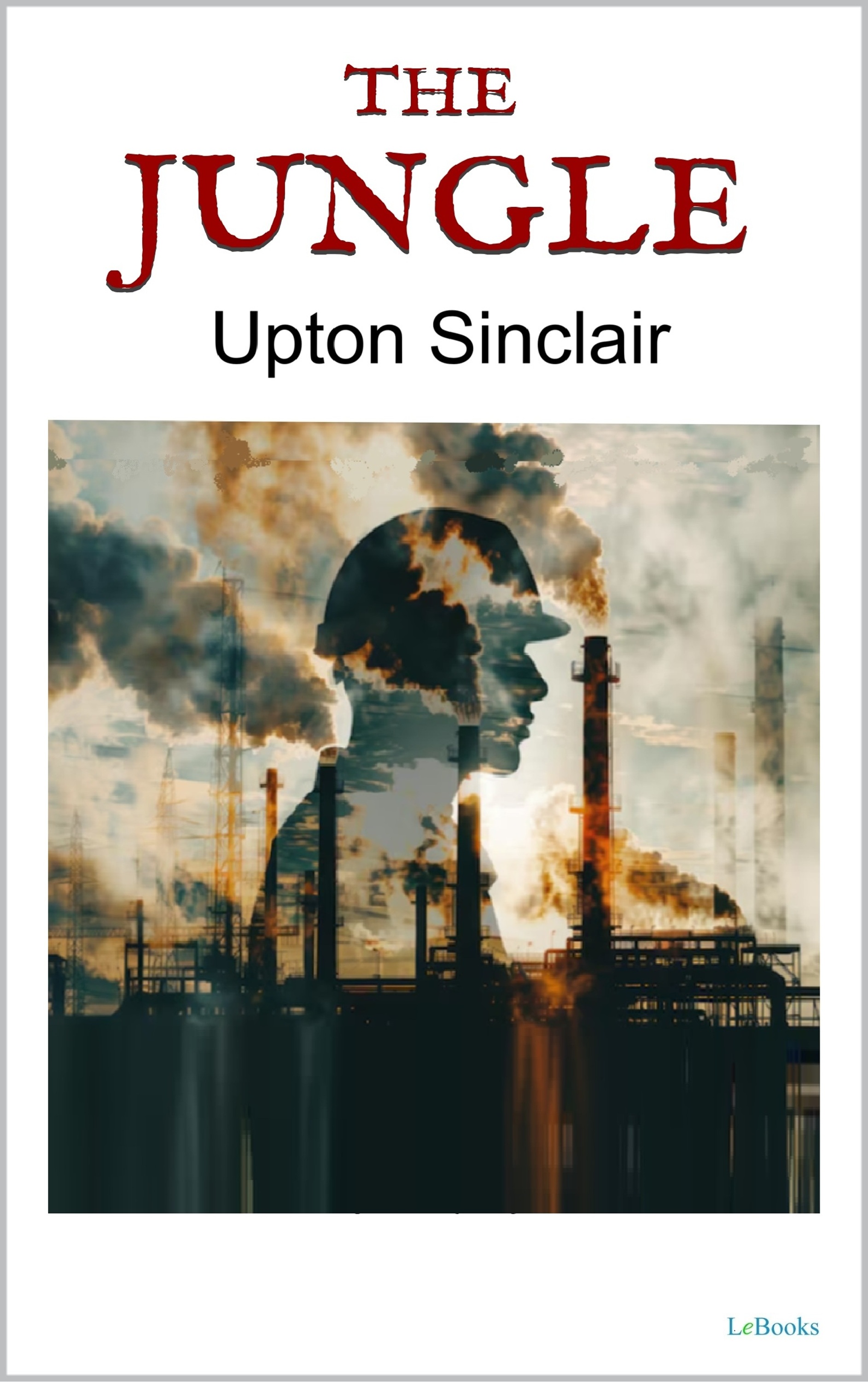
The Jungle is a powerful exposé of the harsh realities faced by immigrant workers in the meatpacking industry of early 20th-century Chicago. Upton Sinclair critiques the unchecked capitalism of his time and examines the devastating interplay between corporate greed and human suffering, portraying a society driven by exploitation and inequality. Through the life of Jurgis Rudkus and his family, the novel delves into themes of poverty, corruption, and the brutal conditions endured by laborers striving for the American Dream.
Since its publication, The Jungle has been recognized for its unflinching portrayal of industrial life and its significant impact on public consciousness, leading to major reforms in food safety and labor laws. Its exploration of universal themes such as perseverance in the face of systemic oppression, the failure of institutions meant to protect the vulnerable, and the human cost of economic progress has secured its place as a seminal work in American literature. The vivid depiction of suffering and resilience continues to resonate with readers, offering timeless insights into the struggles of marginalized communities.
The novel's enduring relevance lies in its ability to reveal the moral and social consequences of unchecked industrial power. By examining the intersections of hope, exploitation, and reform, The Jungle invites readers to reflect on the ethical responsibilities of society and the profound impact that economic systems have on human dignity and collective wellbeing.